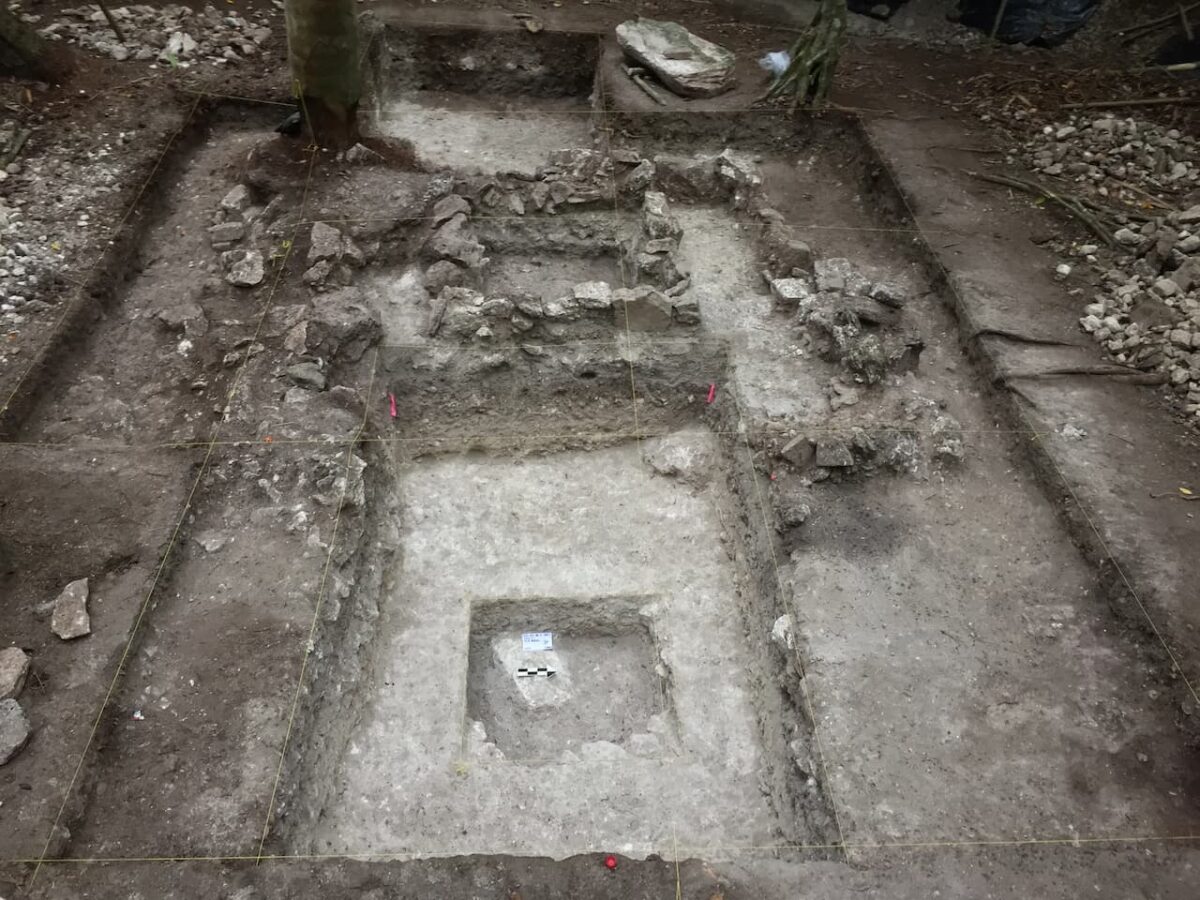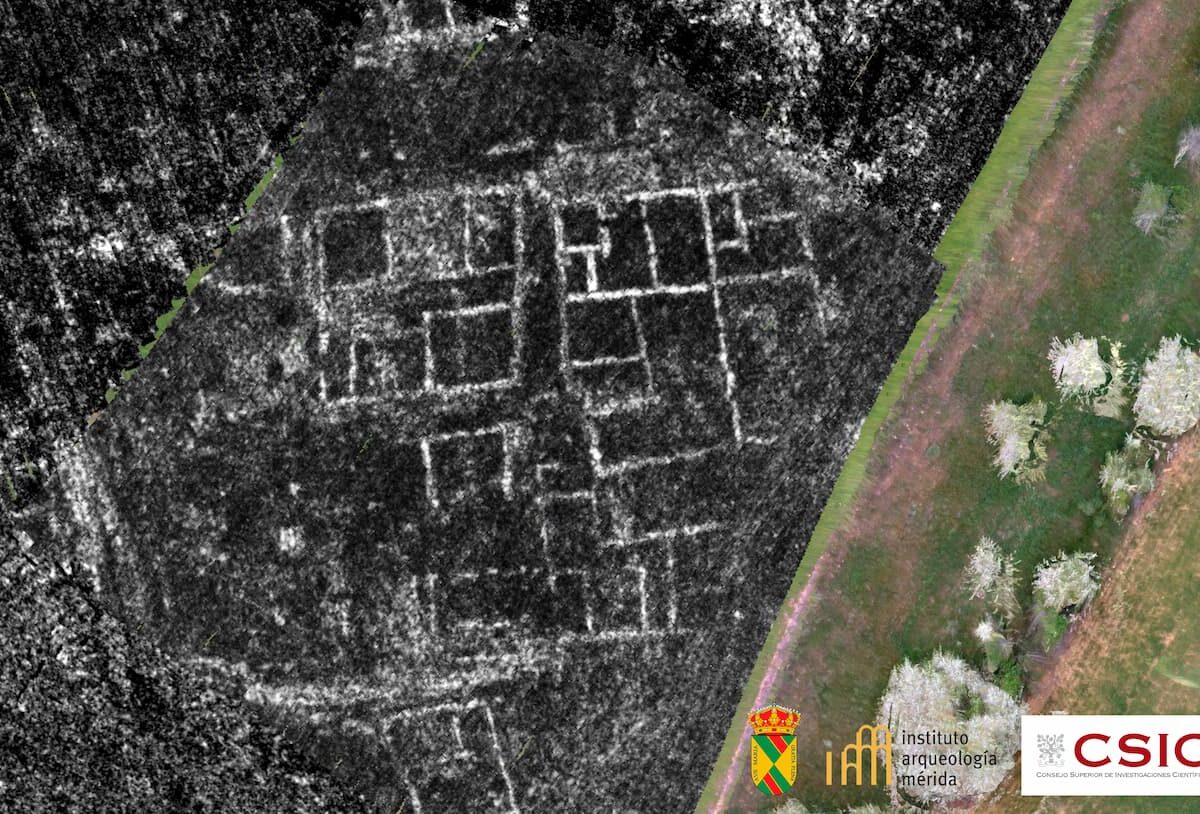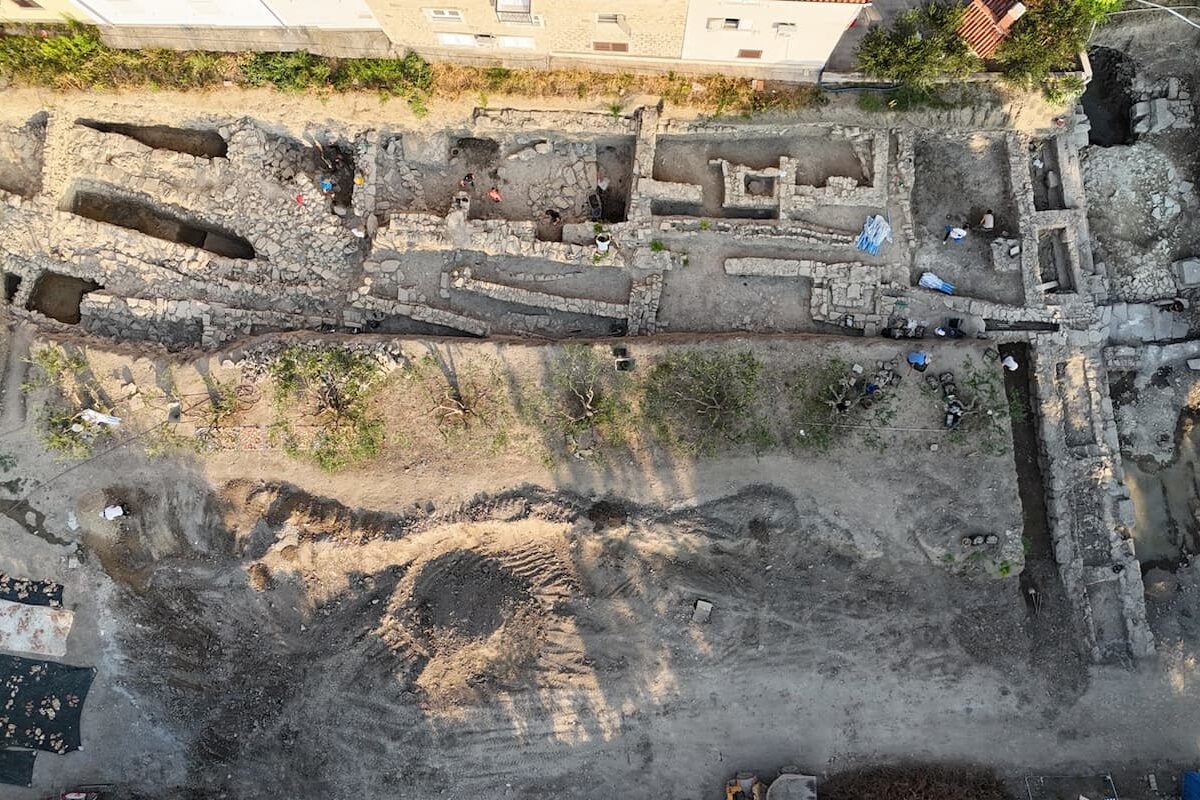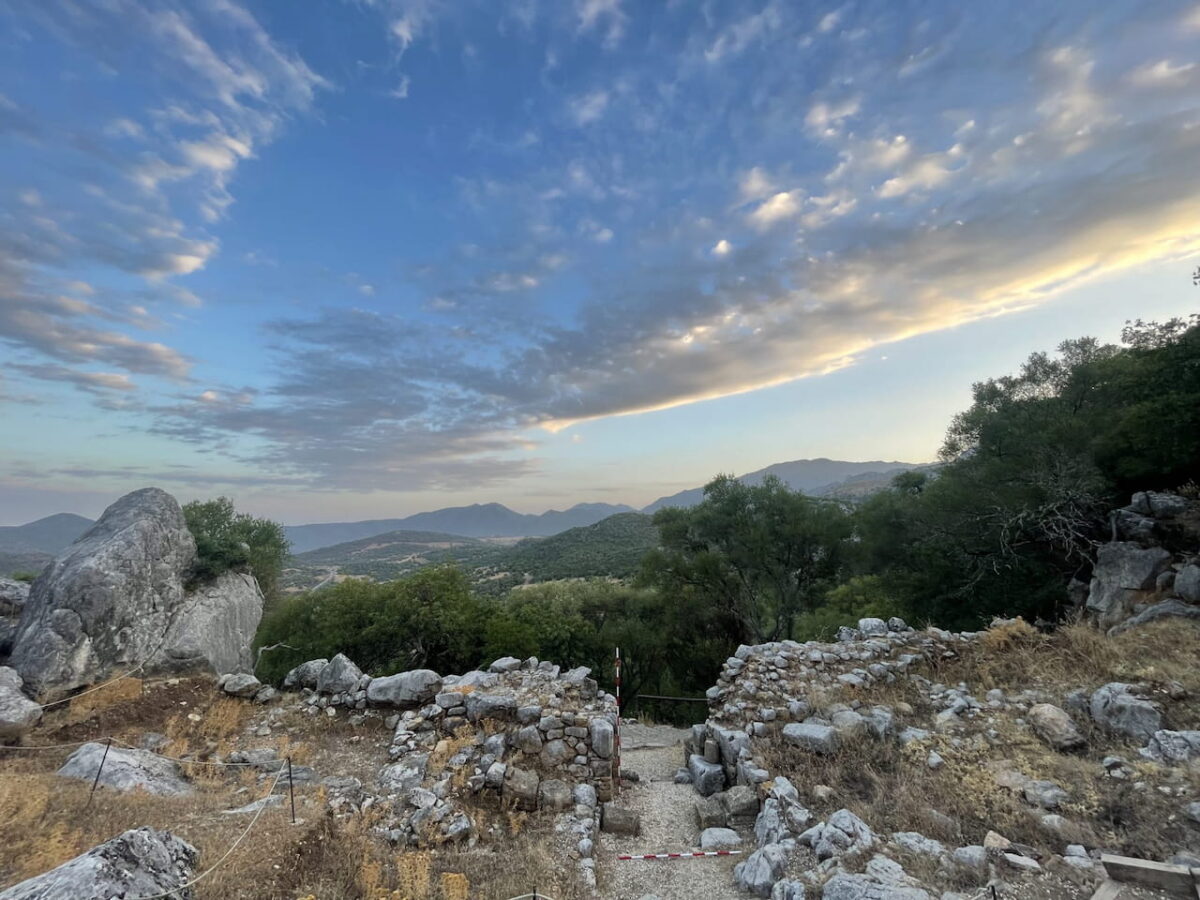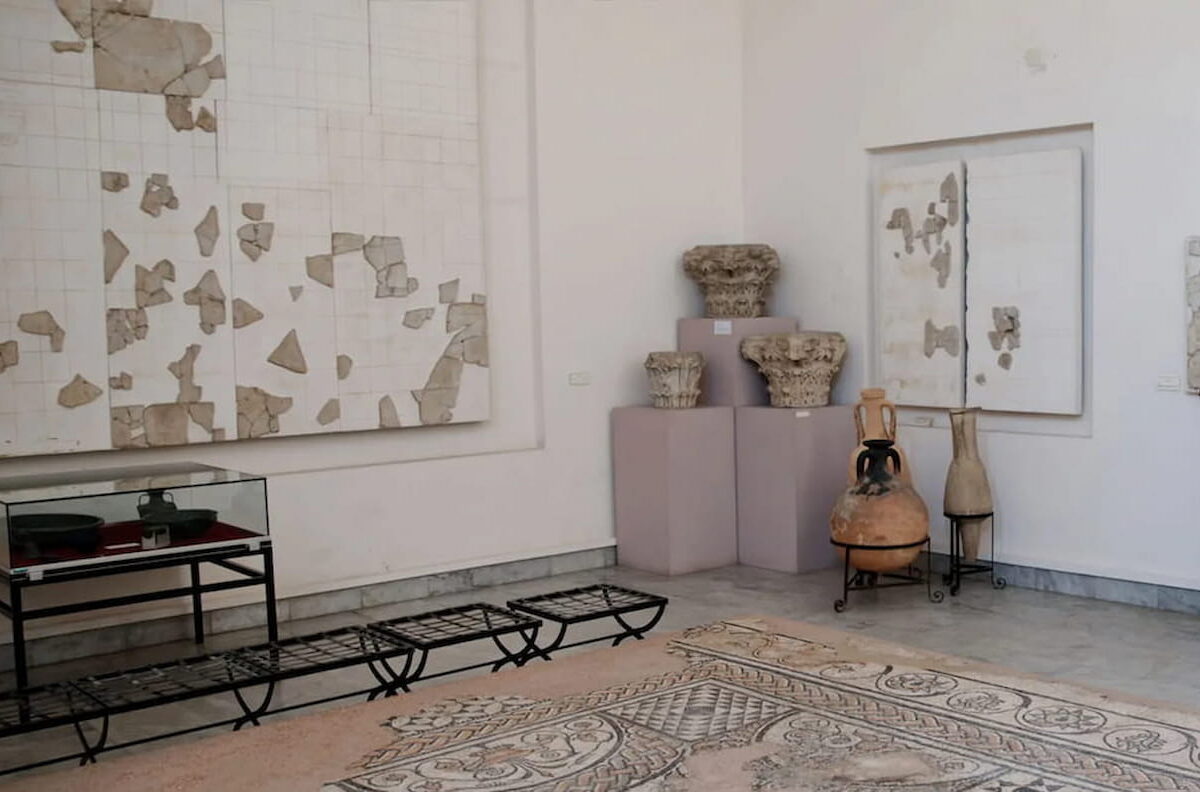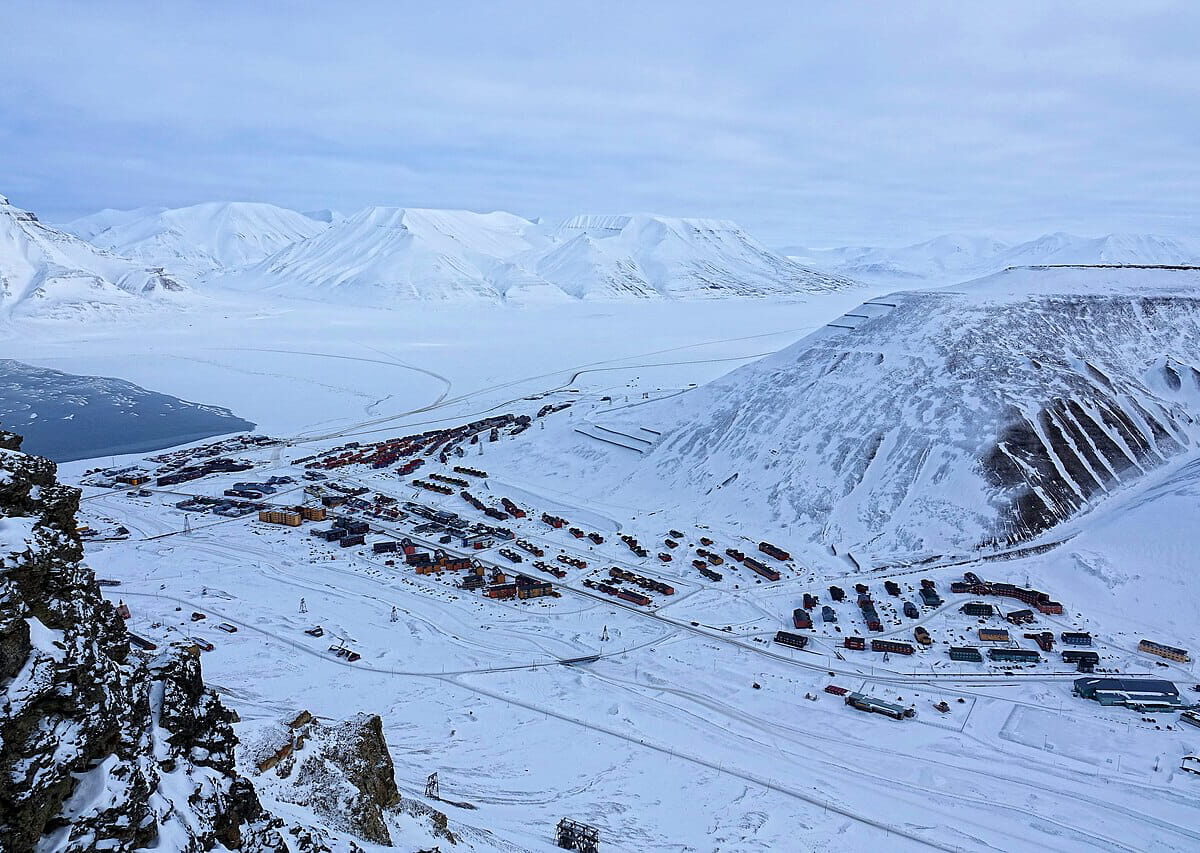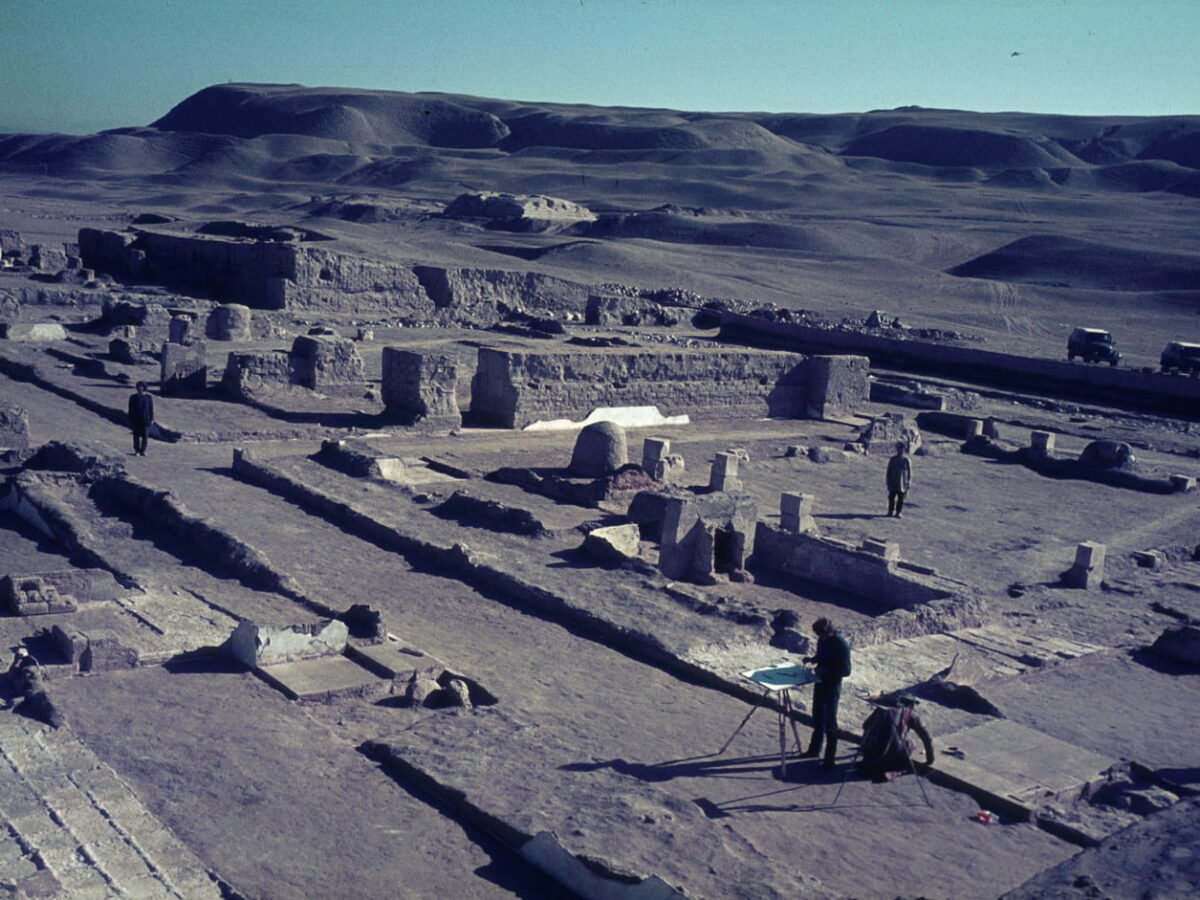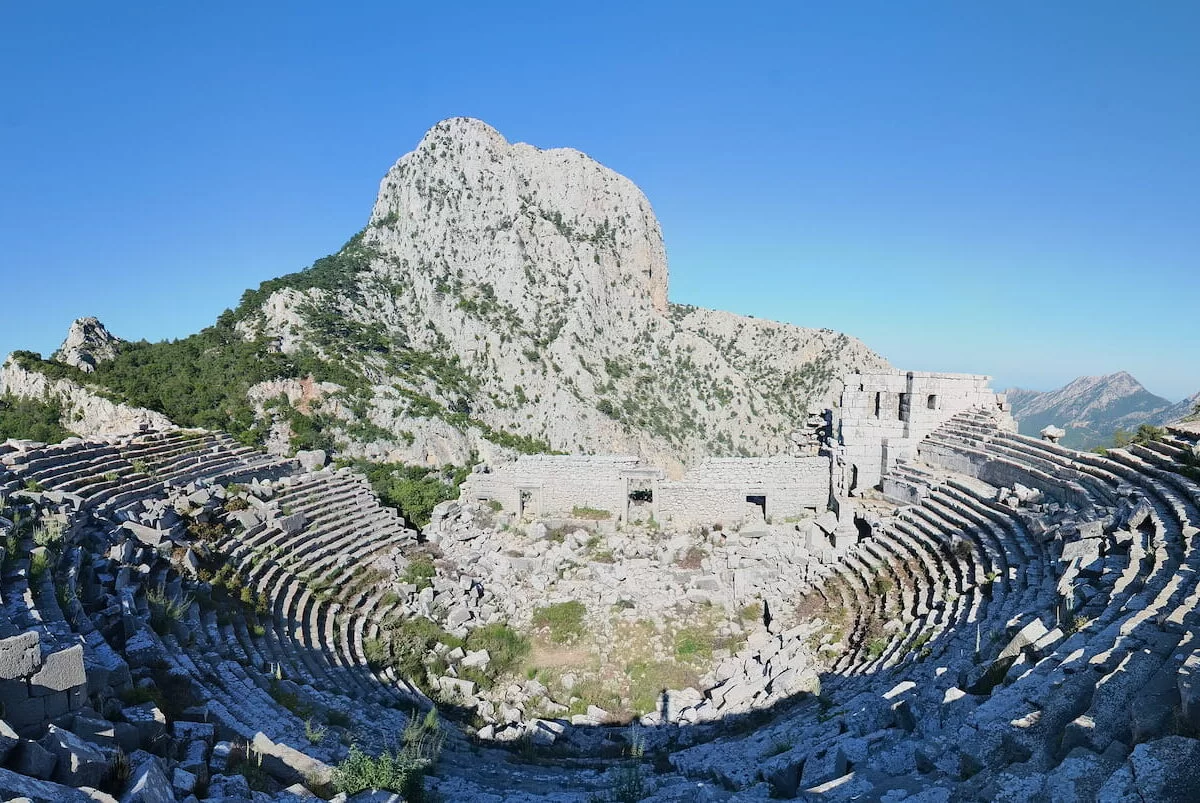A recent study published in the Journal of Archaeological Science: Reports has revealed mercury contamination in the ancient water reservoirs of the Maya city of Ucanal, located in Petén, Guatemala. The research team, made up of archaeologists and geoscientists, found excessively high levels of mercury in the sediments of three water reservoirs dating back to […]
Cities
The Urban Layout, Buildings and Baths Uncovered in the Ancient Vacceo-Roman City of Saldania in Spain
Recent archaeological investigations, led by experts from the Institute of Archaeology of Mérida (IAM), have brought to light the remains of an ancient Vacceo-Roman city, hidden underground for more than 15 centuries. This discovery was made possible through the application of advanced geophysical technology, specifically the use of ground-penetrating radar, which has revealed the urban […]
The Wall of the Ancient Greek City of Epetion and Bronze Age Structures Discovered in the Urban Center of Stobreč in Croatia
During an official visit to the town of Stobreč, near Split, Croatia’s Minister of Culture and Media, Dr. Nina Obuljen Koržinek, along with State Secretary Krešimir Partl, participated in the presentation of an extraordinary archaeological find. The site, located in the heart of the town, has been identified as part of the ancient Greek city […]
Pallantium, the Legendary Greek City the Romans Believed Existed Where Rome Was Later Founded
One of the most fascinating and perhaps lesser-known stories of Rome’s history is that of Pallantium (in ancient Greek Παλλάντιον), a legendary city that, according to various ancient sources, stood on the Palatine Hill, the same hill that centuries later would become the heart of Rome. The legend of Pallantium is mentioned in several works […]
The Roman Forum of the Ancient City of Ocuri, Unearthed in Southern Spain
In the lands of the municipality of Ubrique in Cadiz (south of Spain), a team of archaeologists from the University of Granada has confirmed hypotheses put forth more than two centuries ago, bringing to light the Roman forum of the ancient city of Ocuri. The excavations, the result of a collaboration between the University of […]
The Cadastre of Orange, the Roman Map Showing How Conquered Land Was Divided Among Settlers
The Cadastre of Orange is an ancient plan that shows the Roman centuriations (land distributions) that extended across the territory of the colony of Arausio (modern-day Orange in France) in Gallia Narbonensis, as well as across the territories of neighboring cities and colonies. Excavations carried out between 1949 and 1952 near the ancient theater of […]
Longyearbyen, the northernmost city in the world with a permanent population, where carrying a rifle is mandatory when leaving
In the Svalbard archipelago, at 78 degrees north latitude, lies Longyearbyen, the northernmost city in the world with a permanent population. This Norwegian settlement, founded in 1906 by American businessman John Munroe Longyear as a mining town, has evolved over more than a century to become a fascinating microcosm of human life in the Arctic. […]
Ai-Khanoum: The Lost Greek City in Afghanistan
At the confluence of the Kokcha River and the Amu Darya, in northern Afghanistan’s Takhar province, lie the ruins of Ai-Khanoum (which means “Moon Princess”). This ancient settlement was home to a major Hellenistic city from the late 4th century BC to the mid-2nd century BC, whose original name remains unknown (some researchers propose Estobara, […]
Termessos, the Impregnable Mountaintop City Alexander Never Conquered
Located about twenty kilometers from Antalya, in the Güllük Dağı National Park, there is a place called Karabunar Kiui, where the Archaeological Site of Termessos is located. It hosts the well-preserved remains of the ancient city of Termessos, a city-fortress that mythology attributes to the founding by the Homeric hero Bellerophon, and whose location at […]
Nan Madol, the ancient city built on 92 islets interconnected by canals in the Pacific Ocean
In the middle of the vast Pacific Ocean, in the Caroline Islands archipelago, lies one of the most enigmatic and fascinating archaeological sites in the world: Nan Madol. This complex of ruins, located off the island of Temwen, in Pohnpei (Federated States of Micronesia), has captured the imagination of explorers and archaeologists for centuries due […]

